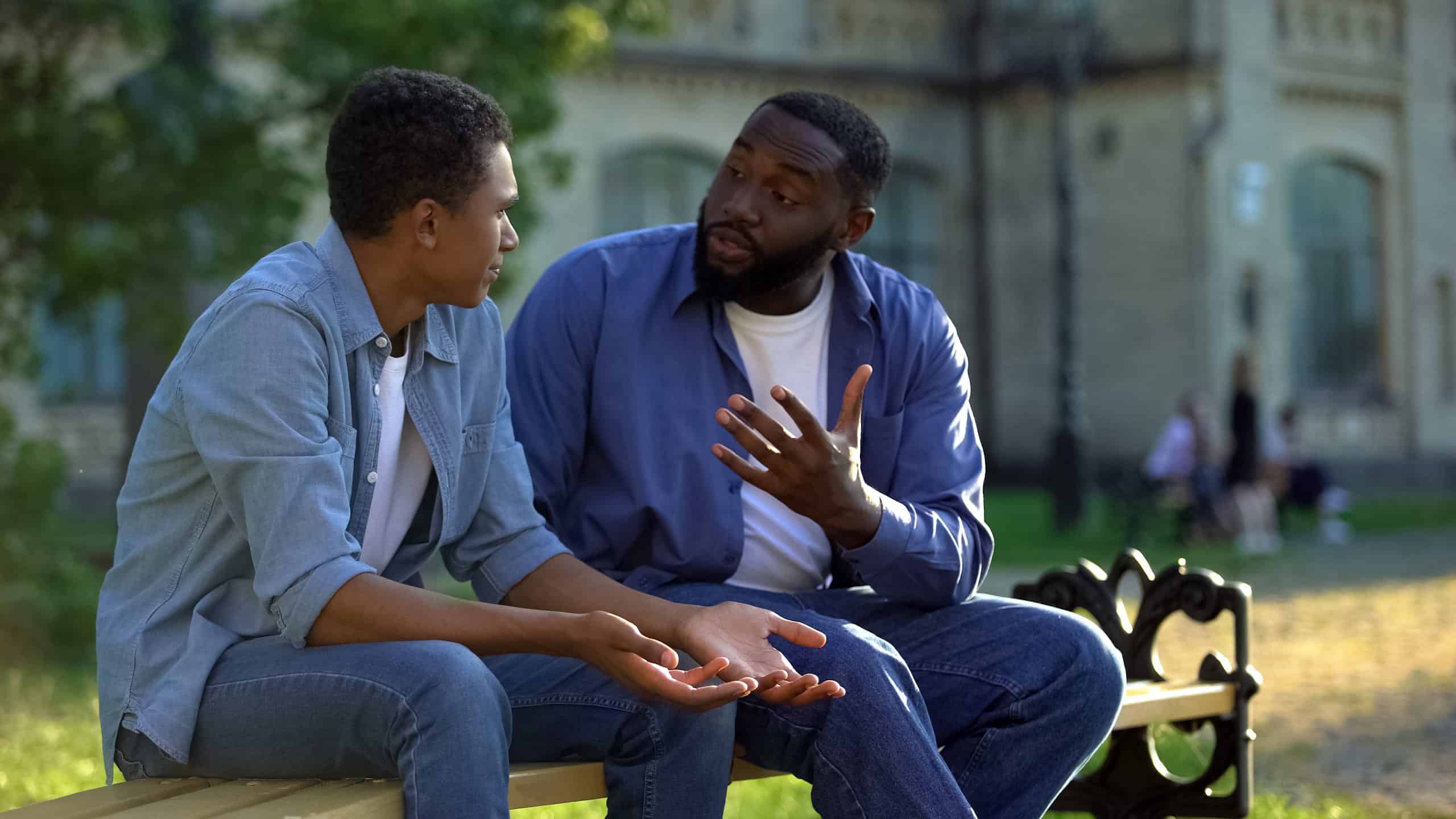Yes—it’s 100% legal to start a Christian club at your school. In fact, the law protects your right to do it. The Equal Access Act says that if your school allows any student-led clubs (like drama, chess, or student government), they have to allow religious clubs too, including a Christian club like Cru. That means you can meet on campus, invite your friends, read the Bible, pray, and even promote your group, just like any other club.
You also have rights under the First Amendment and your school’s Student Bill of Rights. As long as your group is student-led and meets during non-instructional time (like lunch or after school), your school can’t treat you differently from any other group. You’re not asking for special treatment—you’re asking for equal access. And that’s exactly what the law protects.
So what about adults—can they help? Yes, they can. If your group is meeting on campus, the school will likely require any adult who’s involved (like a parent, youth pastor, or Cru volunteer) to go through the school’s volunteer process, which usually includes a background check. You’ll also need a teacher sponsor—a staff member who agrees to support your group and be present at your meetings. The club still needs to be student-led, but your sponsor is there to help things run smoothly and stay within the school’s guidelines.
“Even though you have a legal right to start a Christian club, your ministry will grow best through trust.”
If your group is meeting off campus—like at someone’s house, a church, or a local hangout spot—then those school-based requirements don’t apply. You won’t need a teacher sponsor or school clearance for adult volunteers. Off-campus groups are often a great option when meeting at school isn’t allowed or isn’t working for your team.
Even though you have a legal right to start a Christian club, your ministry will grow best through trust. When you lead with humility and respect toward your school’s staff and leaders, it builds credibility and opens doors. We’re not here to fight the school—we’re here to serve it. When you show that you care about the school and want to make it better, people notice—and God often uses that to do even more.
Below are a few resources you may find helpful









